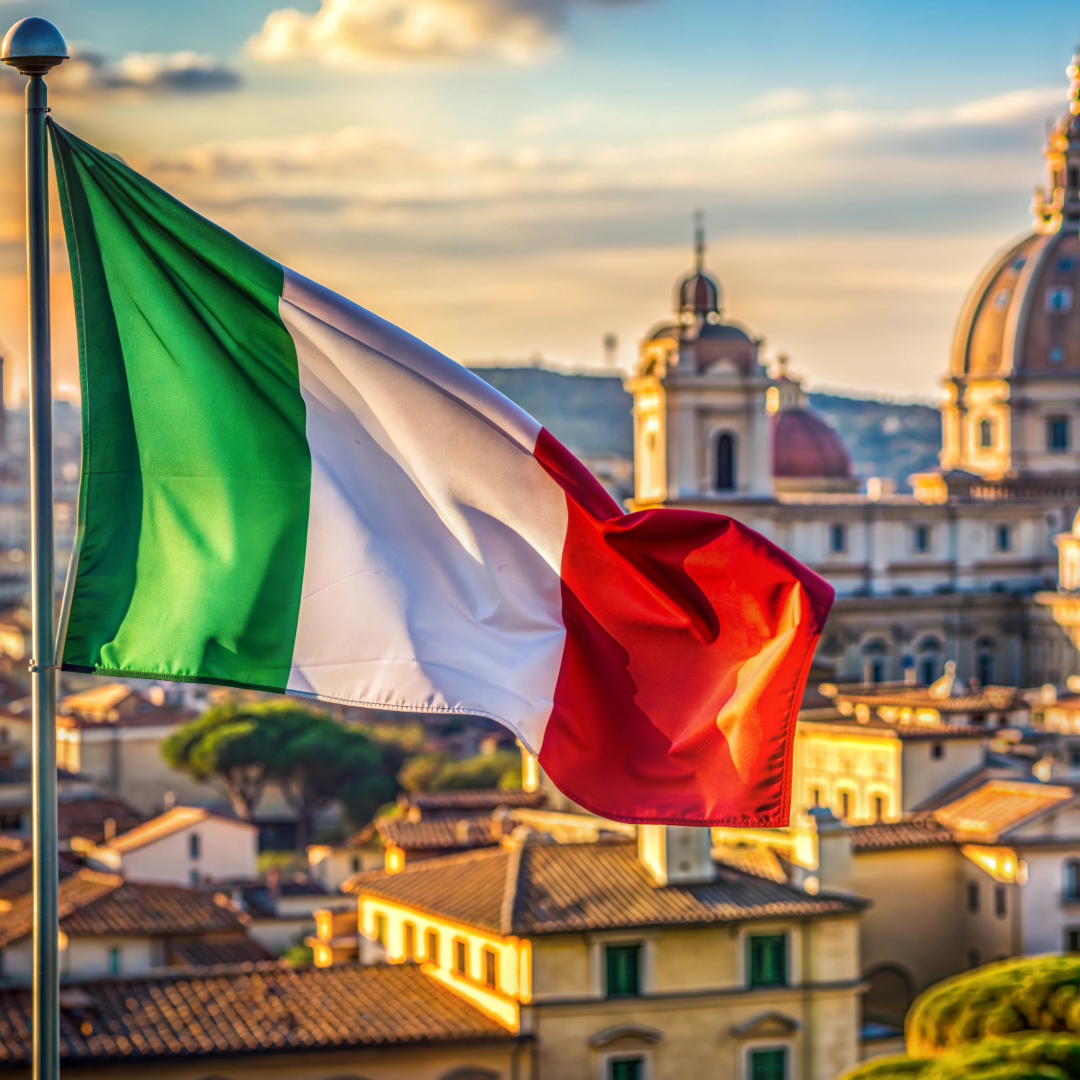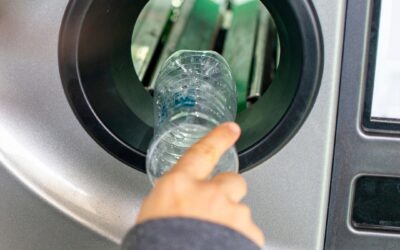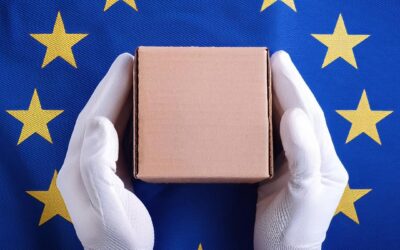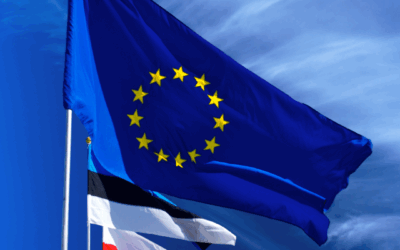EPR in Italy: New obligations for marketplace traders regarding textile EPR



Extended producer responsibility (EPR) is an important pillar of the circular economy. It requires manufacturers and retailers across the EU to take responsibility for the entire life cycle of their products. This includes packaging, but also electrical and electronic equipment, batteries and textiles. Within the EU, the Packaging EPR is implemented in each country through national law based on the EU Packaging Directive 94/62/EC. The directive specifies measures that are implemented differently depending on the country.
For example, new rules for sales via online marketplaces have been in force in Italy since November 2024: With Law 166/2024 (amendment to the existing Legislative Decree 152/2006), Italy is tightening the requirements for EPR. Italian online marketplaces must now record and pay data and fees for products subject to EPR in the area of electrical and electronic equipment (WEEE) on behalf of their retailers. For you as a retailer, this means that anyone selling to end customers via an Italian marketplace must be registered. If you are not registered, you may be excluded from selling.
Background: EPR and legislative changes in Italy
With Law 166/2024, which came into force on 15 November 2024, Italy has further developed its provisions on extended producer responsibility. The aim of the new regulation is to improve compliance with EPR obligations, particularly in the area of online trade, and to simplify administrative processes for companies.
The centrepiece of the law is the introduction of a so-called ‘Pay on Behalf’ system for marketplace operators. This innovation has a direct impact both on online platforms and on you as a retailer if you sell products to end customers in Italy via such platforms.
There are also other obligations for you as a retailer in Italy. Information on the labelling obligation can be found here.
What does the EPR change mean for Italian marketplaces?
With the new Article 178-IV of Legislative Decree 152/2006, online platform operators who offer products on the Italian market (also on behalf of third parties) are now themselves subject to the EPR obligations for WEEE products. This means that they are subject to extensive new obligations:
- Collection of data and contributions: Platform operators must collect and pay the data and EPR-relevant contributions of retailers who sell via their platform.
- Contract with take-back schemes: By 15 March 2025 at the latest, platforms had to have concluded separate agreements with the national take-back schemes in order to comply with their legal obligations.
In this context, all providers whose marketplaces are used to sell products from third parties – including traditional marketplaces such as Amazon, eBay or similar platforms – are considered e-commerce platforms.
What do retailers now have to consider on Italian marketplaces?
For retailers who sell their products to private end consumers in Italy via online marketplaces, the change in the law also has consequences. They themselves must be registered with the competent Italian authorities in accordance with the EPR. This means that they must register and notify their marketplace of this registration.
Risk of non-compliance: Sellers who are not properly registered run the risk of being excluded from the respective marketplace. Platform operators bear their own risk due to the new liability and will therefore pay more attention to ensuring that their sellers comply with all rules and regulations.
In short, those who are not registered may no longer be allowed to sell to Italian customers via platforms in the future.
Obligations for already registered manufacturers
For companies that are already properly registered as manufacturers in Italy under the EPR, little will change. As long as the registration has been completed correctly, no additional steps are necessary. Nevertheless, even registered companies should check that their details are up-to-date and complete in order to avoid problems when selling.
Textile EPR in Italy: current developments
As in France, Latvia, the Netherlands and Hungary, extended producer responsibility for textiles is also becoming increasingly important in Italy. In the EU, the Waste Framework Directive stipulates the separate collection of textile waste generated in households. To this end, countries have had to set up separate collection systems for textiles since 1 January 2025. Unfortunately, there is no standardised regulation for this across the EU, which is why the systems and obligations vary greatly from country to country and are still being developed in most countries.
Italy is currently taking important steps to adapt to the EU’s plan in accordance with the EU Waste Framework Directive and integrate textiles into the circular economy. No concrete action is yet required for retailers, manufacturers and importers. The Italian system will probably be launched in 2026 and the new textile EPR obligations will then also apply here.
However, it is already worth preparing now! With Interzero, you have the right partner for your textile EPR in the EU.
Conclusion: Act now to get off to a compliant start in Italy
With the new law, Italy is imposing further requirements on marketplace operators and retailers. Sellers who want to continue supplying Italian end customers via online marketplaces should take action now:
- Check your own registration obligations
- Register with the relevant authorities if necessary
- Communicate with the marketplaces used about the new requirements
This is the only way to avoid sales stoppages or exclusions and ensure access to the attractive Italian market.
Note: Online marketplaces in other countries are also subject to certain control obligations. You can find more information here.

LIZENZERO.EU makes packaging compliance in Europe very easy.
Do you ship your products to different countries in the EU? Many different legal requirements and obligations can make the whole thing quite complicated – but don’t worry, we’ll do it for you. How do we do it? With our licensing service, we take over all obligations for you by power of attorney. Sounds good? We’ll be happy to advise you.
For shipping to Germany, you can easily fulfill your packaging obligations yourself via Lizenzero.de.
Deposit systems in the EU explained
Deposit systems show that simple solutions help to keep packaging in circulation and increase recycling rates. However, there are major differences within the EU: while countries such as Germany, Sweden and Finland have been using deposits for years and achieving high return rates, other Member States are still in the early stages.
Mandatory from 2026: The EU Authorised Representative for Packaging explained
Europe is an attractive but regulatory complex market. One of the more complex requirements is the appointment of an authorised representative (AR). The AR is the central interface between the manufacturer and the European market surveillance authorities. The authorised representative plays an important role in product safety and extended producer responsibility (EPR) and is therefore becoming increasingly important to ensure access to the market.
Authorised Representatives in Europe: Which ones are there and what do you need them for?
Europe is an attractive but regulatory complex market. One of the more complex requirements is the appointment of an authorised representative (AR). The AR is the central interface between the manufacturer and the European market surveillance authorities. The authorised representative plays an important role in product safety and extended producer responsibility (EPR) and is therefore becoming increasingly important to ensure access to the market.




